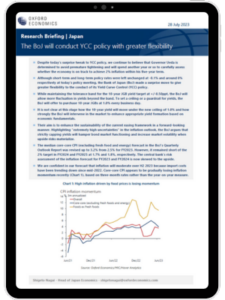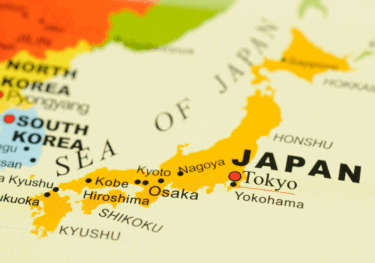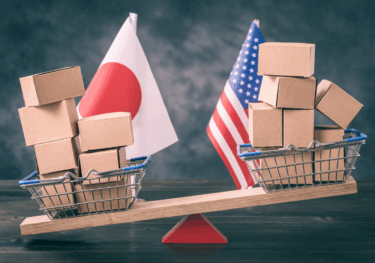The BoJ will conduct YCC policy with greater flexibility

Despite today’s (28th July) surprise tweak to YCC policy, we continue to believe that Governor Ueda is determined to avoid premature tightening and will spend another year or so to carefully assess whether the economy is on track to achieve 2% inflation within his five-year term.
What you will learn:
- Their aim is to enhance the sustainability of the current easing framework in a forward-looking manner. Highlighting “extremely high uncertainties” in the inflation outlook, the BoJ argues that strictly capping yields will hamper bond market functioning and increase market volatility when upside risks materialize.
- The median core-core CPI (excluding fresh food and energy) forecast in the BoJ’s Quarterly Outlook Report was revised up to 3.2% from 2.5% for FY2023. However, it remained short of the 2% target in FY2024 and FY2025 at 1.7% and 1.8%, respectively. The central bank’s risk assessment of the inflation forecast for FY2023 and FY2024 is now skewed to the upside.
- We are confident in our forecast that inflation will moderate over H2 2023 because import costs have been trending down since mid-2022. Core-core CPI appears to be gradually losing inflation momentum recently, based on three-month rates rather than the year-on-year measure.
Tags:
Related posts

Post
Tariffs and Politics Leave the BoJ Powerless in Japan
The Bank of Japan kept its policy rate at 0.5% at its July meeting. We continue to think the BoJ will exercise caution on rate hikes despite still-high inflation and a recent trade deal with the US.
Find Out More
Post
US-Japan Trade Deal Fails to Shift Japan’s Growth Outlook
We estimate that the US's effective tariff rate on Japanese products is around 17%, in line with our baseline assumption. Lower tariffs on autos are a positive, given the sector's significant contribution to the economy and its broad domestic supporting base
Find Out More
Post
Japan’s Rising Political Instability Will Undermine Fiscal Discipline
The ruling Liberal Democratic party (LDP) and its partner Komeito lost their majority in Japan's upper house elections on July 20. Although Prime Minister Shigeru Ishiba will likely stay to avoid political gridlock, especially to complete tariff negotiations with the US, the political situation has become fluid and could lead to a leadership change or the reshuffling of the coalition.
Find Out More